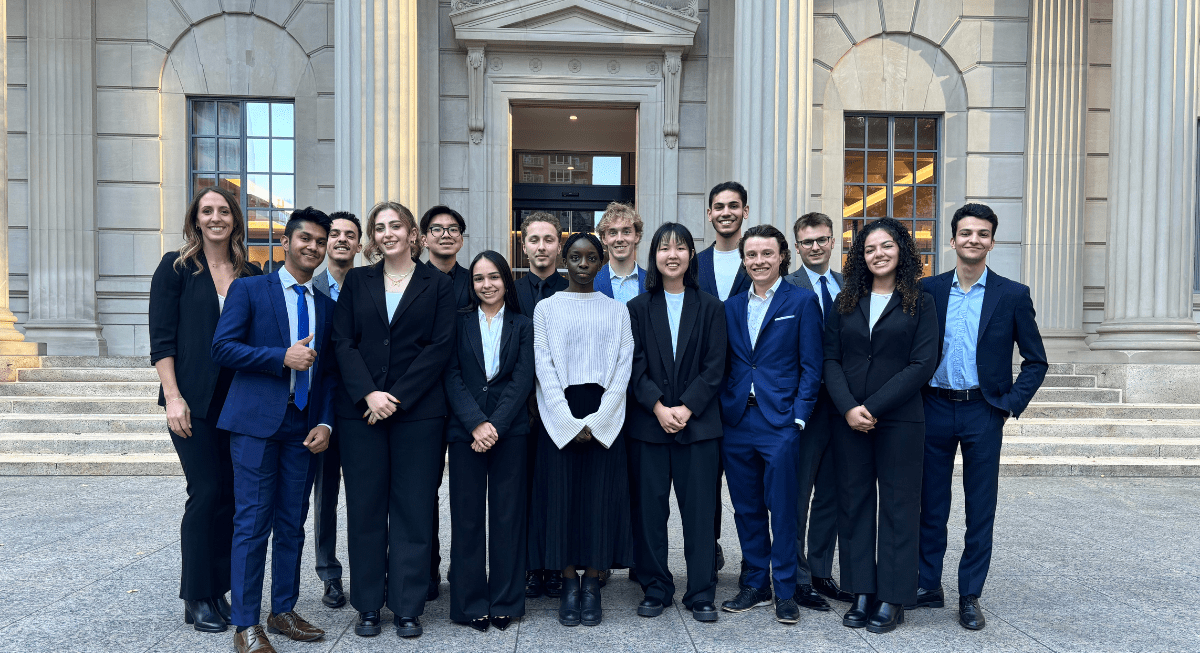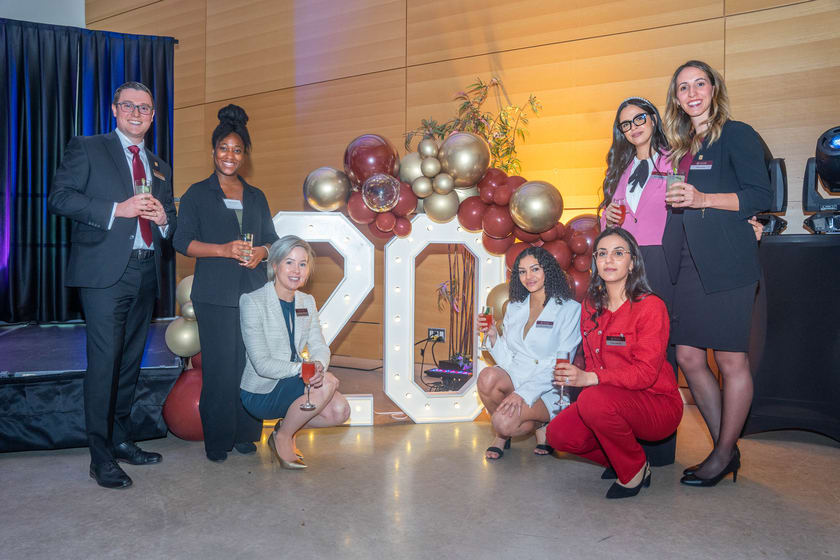
by Morgan Fong
4th Year Student in Management
Self-assessment and personal development are fundamental steps that give you crucial insights into your career type and personality. They allow you to understand your interests and personality better through assessment tools including the Myers-Briggs Type Indicator (MBTI) and the Strong Interest Inventory.
The Who Am I: Self-assessment and Career Testing workshop takes place in two stages. The first meeting introduces you to the assessment tools and outlines what you should expect throughout the process while focusing on career planning and self-assessment exercises. The following week, there is a second meeting where you learn the results and interpretation of your interest and personality tests.
The answers on the MBTI assessment show your preference in each of the following pairs of opposites: introversion-extraversion, sensing-intuition, thinking-feeling, and judging-perceiving. Each preference is indicated by a letter, and a four-letter type description is established. There are 16 different personality types, and each provide unique insights into an individual.
Extraversion-Introversion
This dichotomy is related to your source and direction of energy: where do you prefer to focus your attention? Where do you get your energy? Extroverts can be described as enthusiastic, active and sociable. On the other hand, introverts are more calm, reserved, and quiet.
Sensation-Intuition
This pair of opposites express ways of perceiving: how do you prefer to take in information? Individuals who prefer sensing tend to be practical and take in information that is tangible including facts and details. Intuitive individuals focus on the “big picture” and are typically imaginative.
Thinking-Feeling
The thinking-feeling preference describes the way you come to conclusions: how do you make decisions? Thinkers are task-orientated, analytical, and consider the pros and cons of situations. Individuals who are more feelers typically are process-orientated and consider personal and social values when making decisions.
Judging-Perceiving
The last pairing answers the question: how do you deal with the outer world? The judging end of the scale deals with individuals who come to conclusions quickly and take a planned, organized approach; whereas, perceiving involves those who seek more information before making a conclusion and value flexibility.
You are presumably attracted to careers that allow you to make use of your natural type preferences. The four-letter combination can affect the kind of career that interests you and guide you in a certain career path.
Be sure to look out for the Who Am I: Self-assessment and Career Testing workshop through Career Launch and register to gain a better understanding about yourself and your personality type! For more information regarding career testing, or to obtain and discuss test results, you should book an individual consultation appointment with a Career Counsellor.











